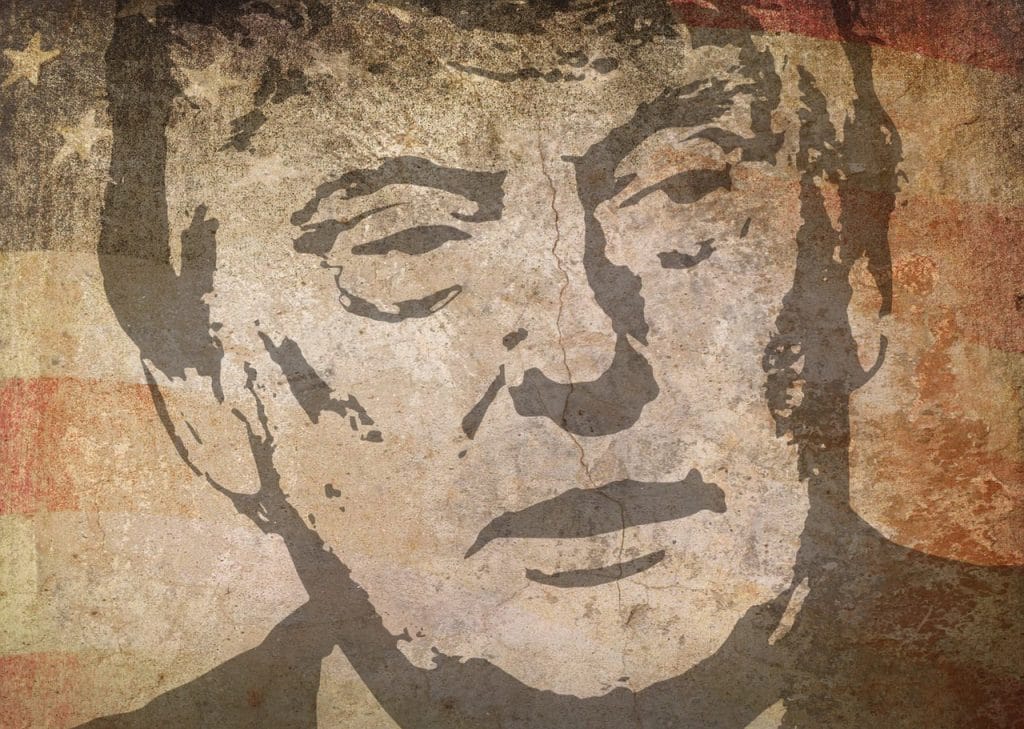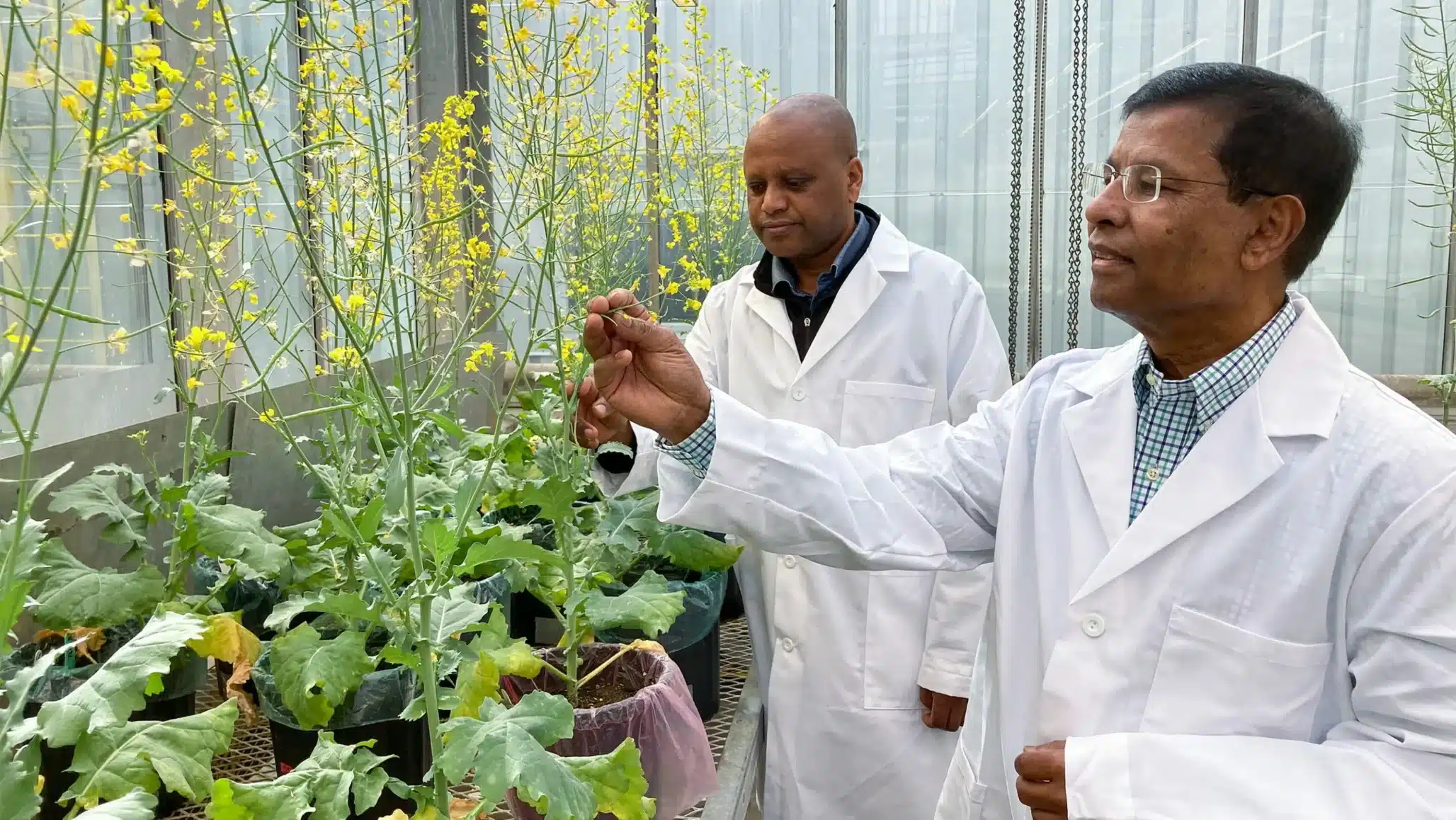What’s fuelling trade disputes like the one Canada is currently having with China? The rise in global protectionism, says Canola Council of Canada president Jim Everson.
During a webinar today to update the public on China’s recent announcement that it’s no longer buying Canadian canola seed, Everson said the situation is indicative of a larger global trend toward a protectionist mentality. He referenced a canola trade agreement between Canada and China from 2016 in which China agreed to maintain Canada’s access to its $2.6-billion canola market through 2020.
“There’s a difference in the political and trade climates between 2016 and now. We face a very different, more protectionist world trade environment. We’ve seen that in terms of our trading relationship with our most important trading partner to the south,” Everson said.
“We have gone through difficult and challenging trade negotiations around NAFTA and still have tariffs in place on parts of our industrial practices in Canada. It’s a very protectionist, challenging international environment for agriculture and trade and that’s important for people to know as we address this trade issue with China.”

China has cancelled the export permits for two Canadian canola seed suppliers and has issued a notice of non-compliance for a third.
“China has indicated they have a quality concerns with Canadian canola seed related to specified quarantine pests that include weed seeds and plant diseases,” Everson said. These are identified in the public notices of non-compliance issued to Richardson and Viterra by China’s customs agency. The Canadian Food Inspection disagrees with the assessment of China’s customs agency, he noted.
“We’re trying to identify weed seeds raised as a concern by Chinese authorities and have a dialogue about the process China has undertaken to detect these weeds and have a conversation about the kind of testing done and methodologies applied in order to resolve the situation,” he added.
“CFIA has indicated their testing of samples taken from these vessels do not show the same level of concern. There’s a need for a technical discussions to take place between Canadian and Chinese authorities in order to have to a meeting of the minds about these issues.”
Everson added he’d like to see a technical mission to China undertaken as soon as possible. As part of normal procedure, Canada has requested that a high-level delegation to Beijing be received by China to intensify science-based discussions.











